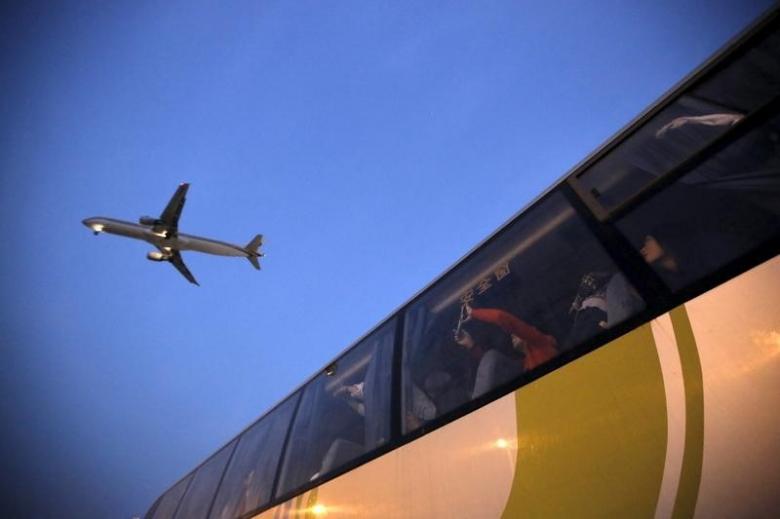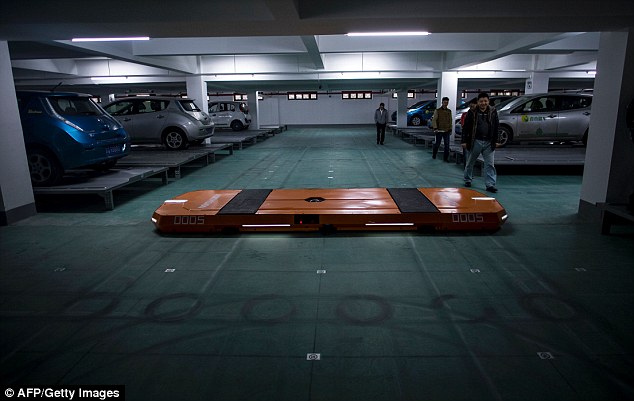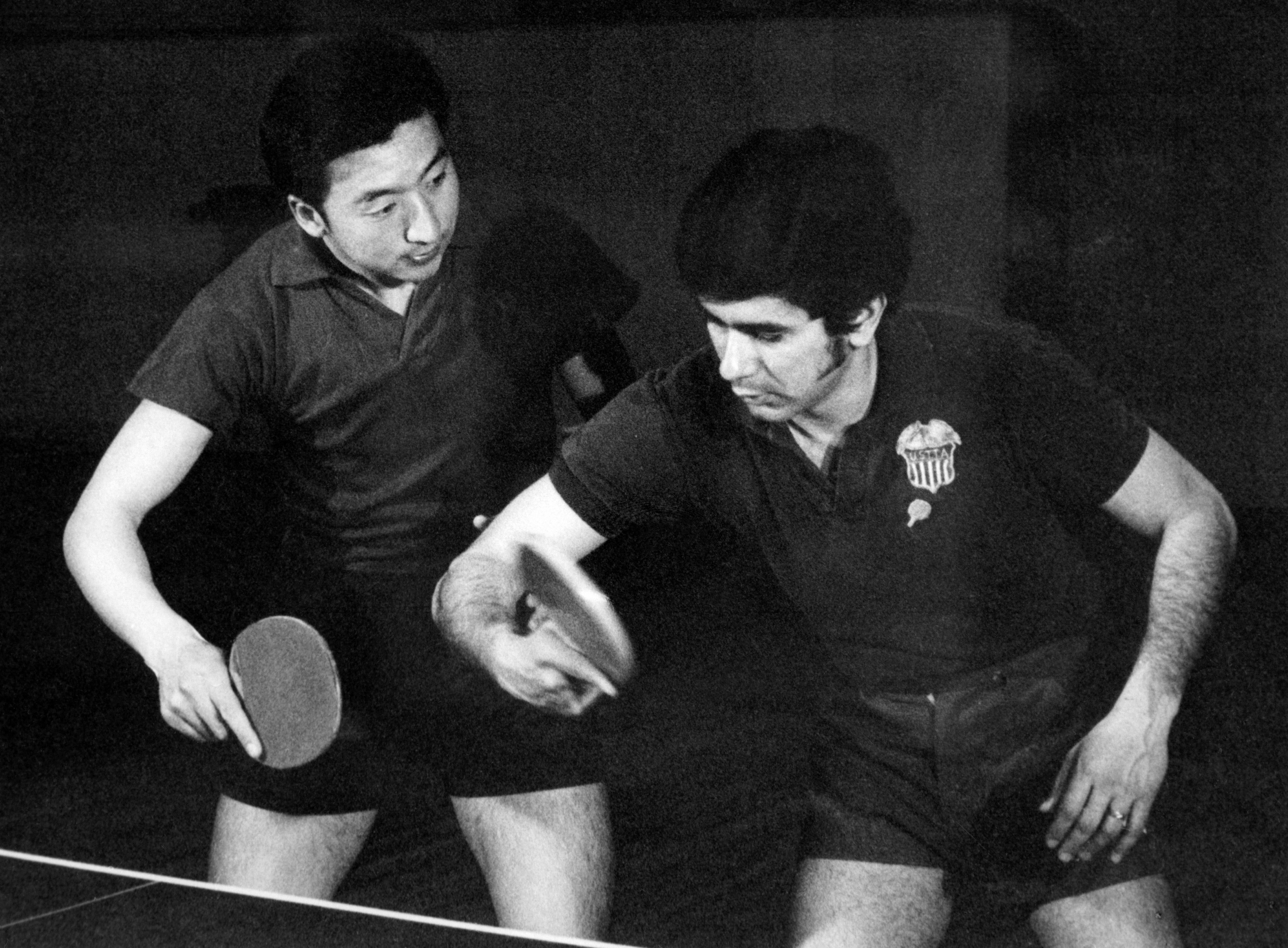
 U.S Beef for Chinese Chicken? More Hollywood Films in China?
U.S Beef for Chinese Chicken? More Hollywood Films in China?While scant specific details of the trade talks between the U.S. and China have emerged, a Chinese government website has provided a rare glimpse into how a group of U.S. senators lobbied Chinese Premier Li Keqiang on opening the Chinese market, documenting surprising details (link in Chinese) of the conversation in Beijing on April 10th. Senator Steve Daines from Montana, who lived for a few years in Guangzhou more than two decades ago, was reported to have asked Li about lifting the Chinese ban on American beef, while Li responded by calling for the U.S. to allow the import of Chinese chicken. In a related report, Xinhua reported that Li promised progress in bilateral investment treaty negotiations during the meeting. Daines, a republican from Montana who led the delegation, had urged President Trump to raise the issue of U.S. beef access to Chinese markets during Trump's one-on-one with President Xi at Mar-a-Lago.
The Financial Times has reported that China is likely to allow better market access for U.S. financial sector investments and U.S. beef exports as quick wins for the Trump administration in order to avert a trade war. Mei Xinyu, a researcher at the Chinese Academy of International Trade and Economic Cooperation, disagreed saying the financial sector would "be the least likely sector" because of the turbulent financial market in China last year. However, he did add that China may allow more Hollywood movies to be imported. The current quota is 34 movies per year.
 The Not-so-friendly Skies
The Not-so-friendly SkiesOn Tuesday (4/14) the hashtag #UnitedForcesPassengerOffPlane was receiving 20 million views per hour on Sina Weibo. Many Chinese social media users expressed outrage at the video that surfaced on Monday night of an Asian American being forcibly removed from an overbooked United flight to Louisville. Many Chinese took to Weibo to threaten to boycott the company. One Chinese student in the UK even created a White House petition calling on the federal government to lead an investigation into the event. (The Chinese Ministry of Foreign Affairs later clarified Dr. Dao was Vietnamese-American).
Whatever effect a Chinese boycott would have on United Airlines ultimately would be limited by a number of bilateral agreements between the U.S. and China which only allow U.S. airlines to make 140 round-trip trips per week. Adam Minter noted in Bloomberg View, "That works to the advantage of United and other established airlines; not surprisingly, efforts to open up the market further have been stalled for years."
Violence on airplanes is not entirely uncommon in China. One South China Morning Post article observed that "violent attacks on cabin crew during flights between Hong Kong and the mainland are becoming so common they often go unreported." Hong Kong airlines cabin crews "receive compulsory training in Wing Chun, a martial art."
 Technology Driving Changes in China's Rural Regions
Technology Driving Changes in China's Rural RegionsJD.com, a mammoth e-commerce company second only to Alibaba, said it will build 150 air bases for package-delivering drones in Sichuan province. Caixin reports that the bases will "help to reduce freight delivery costs by 70% in mountainous Sichuan. Use of drones will help local products reach their destinations within 24 hours, and delivery efficiency will improve dramatically in hilly areas, said CEO Richard Liu."
During China's State Council executive meeting on Wednesday (4/12), Li Keqiang announced new guidelines to create medical partnerships between top hospital systems and more rural areas. Xinhua reports that, "The new guideline called for an Internet-based medical information platform to enable better diagnosis and treatment for remote regions." Steps will also be taken to dispatch teams of medical professional to less developed areas with "enhanced sharing and interoperating of health and medical services."
Much to the delight (or fear) of global readers, a new factory in Zhejiang Province is using robots for sorting packages for delivery---a video that went viral around the U.S. and China. Small Hikvision robots "each the size of a seat cushion" sort up to 200,000 packages a day and unlike humans, can work 24 hours a day because they are self-charging. An STO Express spokesman says the robots will reduce the costs in half from using human laborers.
 This Week in China...in 1971
This Week in China...in 1971On April 10, 1971, the U.S. table tennis team was invited for a week-long visit to the People's Republic of China, the first Americans to visit China since the founding of the PRC in 1949. Time magazine called it "The ping heard round the world." The highly publicized trip was credited for advancing talks between Mr. Kissinger, then President Richard M. Nixon's national security adviser and Chinese Prime Minister, Zhou Enlai. Soon after, the People's Republic of China replaced the Republic of China in Taiwan for China's seat in the United Nations. In 1972 President Nixon made his own celebrated trip to China. Nicholas Griffin recounts the tableau of quirky characters involved in his book, Ping Pong Diplomacy: The Secret History Behind the Game that Changed the World.
Prepared by China-US Focus editorial teams in Hong Kong and New York, this weekly newsletter offers you snap shots of latest trends and developments emerging from China every week, while adding a dose of historical perspective.
- 2017-04-07 The Xi-Trump Summit in Florida
- 2017-03-31 Google Makes a Comeback to China?
- 2017-03-24 Xi and Tillerson Trade Phrases
- 2017-03-17 Sec. Tillerson Visits Asia ahead of Xi-Trump Summit
- 2017-03-10 Defending China's Defense Budget
- 2017-03-03 The Korean Peninsula Draws Headlines
- 2017-02-22 CPC Meets to Reaffirm Commitments in Anticipation of "Two Sessions"